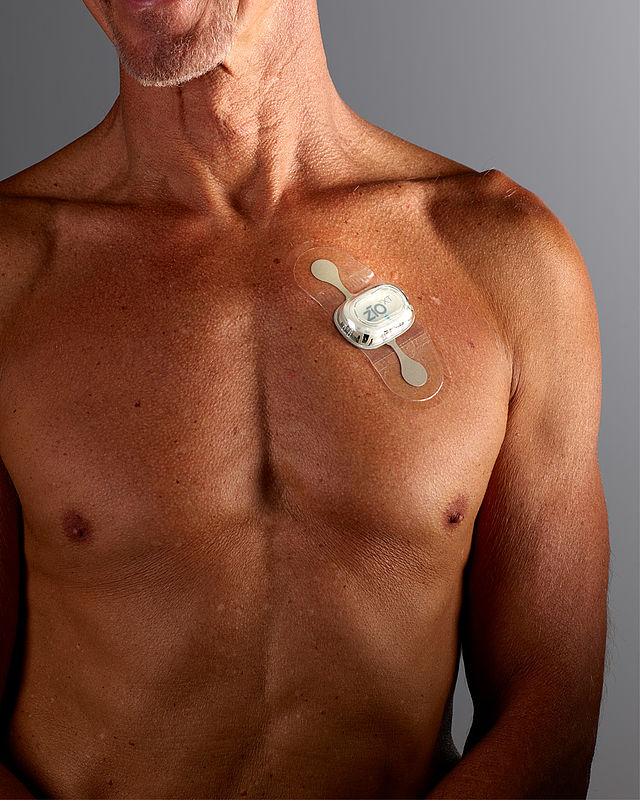The EAST – AFNET 4 trial investigated whether rhythm control therapy – with antiarrhythmic drugs or ablation – delivered within one year after AF diagnosis improves outcomes.
The main study result, published last year, demonstrated a clinical benefit of early rhythm control therapy for all patients: Early rhythm control therapy with antiarrhythmic drugs and/or AF ablation reduced a composite of cardiovascular death, stroke, and hospitalization for worsening heart failure or acute coronary syndrome.
Results transferable to patients with heart failure
Now the EAST – AFNET 4 investigators studied whether the beneficial effects of early rhythm control can be transferred to the subgroup of HF patients. The analysis includes 798 patients with HF, half were randomized to early rhythm control, 402 to usual care.
Over the 5.1-year median follow-up, the composite primary outcome of cardiovascular death, stroke or hospitalization for worsening of HF or for acute coronary syndrome occurred less frequently in HF patients randomized to early rhythm control (94/396; 5.7 per 100 patient-years) compared to HF patients randomized to usual care (130/402; 7.9 per 100 patient-years).
Dr. Rillig concludes: “The results of this analysis demonstrate a clinical benefit of early rhythm control therapy for all HF patients of the EAST – AFNET 4 trial. Early rhythm control based on either antiarrhythmic drug therapy or catheter ablation should be offered to all patients with AF and symptoms of HF or reduced LVEF.”
Read the full version of the press release here.
Study: Early treatment of atrial fibrillation for stroke prevention trial EAST – AFNET 4




